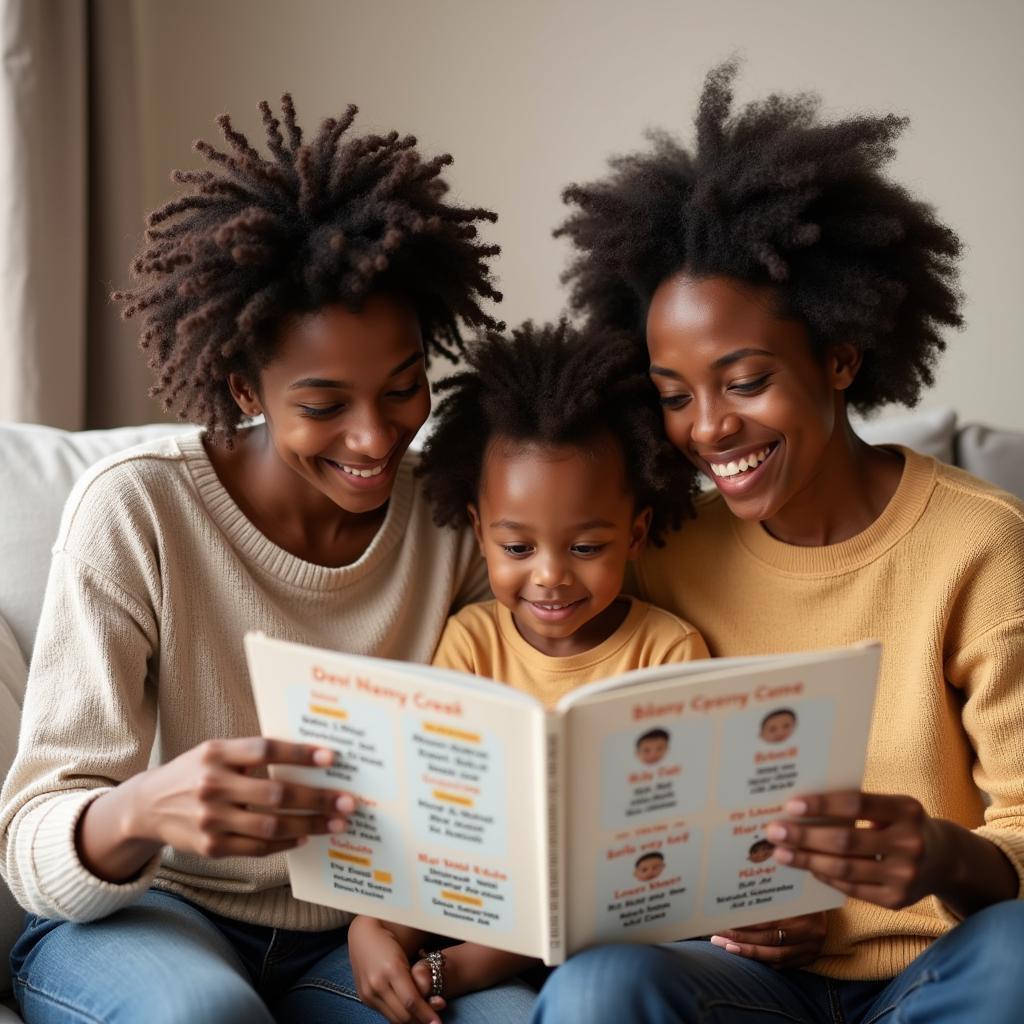Understanding the African Aunty Lesbian Narrative
The term “African Aunty Lesbian” can be complex and requires a nuanced understanding of African cultures, societal norms, and the realities of LGBTQ+ individuals living on the continent. This article explores the diverse experiences of lesbian women in Africa, acknowledging the cultural sensitivities and the need for respectful dialogue.
Navigating Cultural Norms and Lesbian Identities in Africa
Across the diverse landscape of Africa, cultural norms regarding sexuality vary significantly. In many societies, traditional values often emphasize heterosexual relationships and family structures. This can create challenges for individuals who identify as lesbian, particularly within family and community contexts. Openly expressing one’s sexual orientation can sometimes lead to stigma, discrimination, or even violence.
However, it’s crucial to avoid generalizations about the African experience. Not all communities hold the same views on homosexuality. Some cultures have historically recognized and accepted diverse sexual orientations, while others are undergoing a gradual shift in attitudes. The “African aunty lesbian” narrative is not monolithic; it encompasses a spectrum of experiences, challenges, and triumphs.
The Role of the “Aunty” Figure
The term “aunty” often carries significant weight in African societies. It denotes respect, wisdom, and a sense of responsibility within the family and community. When applied to lesbian women, it can reflect a variety of meanings. In some cases, it might be used as a term of endearment and acceptance within the LGBTQ+ community. In others, it might be used to subtly acknowledge a woman’s sexual orientation without explicitly stating it, especially in contexts where open discussion of homosexuality is taboo.
Challenges and Resilience
Lesbian women in Africa face numerous challenges, including legal discrimination, social stigma, and limited access to resources and support networks. In some countries, same-sex relationships are criminalized, putting individuals at risk of imprisonment or persecution. These legal and social barriers can make it difficult for lesbian women to live openly and authentically.
Despite these challenges, many African lesbian women demonstrate remarkable resilience and strength. They are actively working to build communities, advocate for their rights, and create spaces of acceptance and belonging. Organizations and activists across the continent are challenging discriminatory laws and raising awareness about LGBTQ+ issues.
Finding Support and Community
For many African lesbian women, finding a sense of community is essential for navigating the challenges they face. Online platforms and social media groups can provide safe spaces for connection and support, allowing individuals to share experiences and build relationships with others who understand their struggles. These online communities can be particularly important for those living in areas where physical LGBTQ+ organizations are scarce.
The Importance of Visibility and Representation
Increased visibility and positive representation of African lesbian women are crucial for challenging stereotypes and promoting understanding. Sharing stories, creating art, and engaging in advocacy can help to humanize the experiences of LGBTQ+ individuals and foster greater acceptance within society.
“Visibility is not just about being seen; it’s about being understood. It’s about challenging the narratives that seek to define us and reclaiming our own stories,” says Dr. Abena Kwesi, a Ghanaian sociologist specializing in gender and sexuality studies.
Looking Ahead: Hope and Progress
While challenges remain, there is reason for hope and optimism. Across Africa, attitudes towards homosexuality are slowly evolving, and LGBTQ+ rights movements are gaining momentum. The increasing visibility of lesbian women and their stories is helping to shift perceptions and create a more inclusive future.
“Change doesn’t happen overnight, but it does happen. We are seeing progress, and we will continue to fight for a future where all Africans can live freely and authentically,” adds Fatima Mbogo, a Kenyan human rights lawyer and LGBTQ+ advocate.
In conclusion, understanding the “African aunty lesbian” narrative requires a nuanced and respectful approach. It’s essential to recognize the diversity of experiences within the African LGBTQ+ community and to amplify the voices of those who are working to create a more just and inclusive future.
FAQ
- What are some of the challenges faced by lesbian women in Africa?
- How can I support LGBTQ+ organizations in Africa?
- What are some resources available for African lesbian women seeking support?
- Are there any legal protections for LGBTQ+ individuals in Africa?
- How can I learn more about LGBTQ+ rights movements in Africa?
Scenarios:
- Scenario 1: A young woman in a rural African village realizes she is attracted to other women but fears the reaction of her family and community.
- Scenario 2: An older lesbian woman, an “aunty,” provides mentorship and support to younger LGBTQ+ individuals in her city.
- Scenario 3: An African LGBTQ+ organization works to advocate for legal reforms and provide resources to lesbian women.
Further Reading:
- Exploring LGBTQ+ Identities in Africa
- The Role of Family and Community in Shaping African Lesbian Experiences
- Legal and Social Challenges Facing African LGBTQ+ Individuals
For any assistance, please contact Phone: +255768904061, Email: [email protected] Or visit us at: Mbarali DC Mawindi, Kangaga, Tanzania. We have a 24/7 customer service team.

